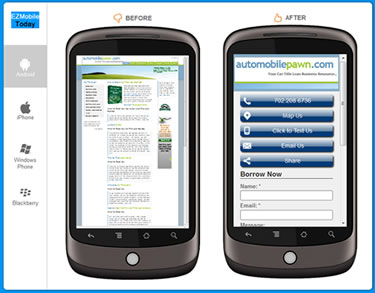 A heart surgeon receives $240K for a 3 hour heart operation. Did she really get paid $80K/hour? No. She was paid $240K for the 20+ years of school and study that enabled her to enter the operating room and stand over your open chest! Greedy heart surgeon?
A heart surgeon receives $240K for a 3 hour heart operation. Did she really get paid $80K/hour? No. She was paid $240K for the 20+ years of school and study that enabled her to enter the operating room and stand over your open chest! Greedy heart surgeon?
Dave Ramsey receives millions of dollars annually to perform on radio and TV. How much preparation did this take? Dave is in his fifties. He “works” 48 weeks/yr averaging 15 hours/week. Last year he made roughly $5M. That equates to $7,000 per hour. He spent the last 20+ years preparing himself through work and study. Greedy Dave Ramsey?
Look at the value of a product or service in the marketplace. What will the market pay? What it costs to provide the service vs what is charged is not relative.
“Margin” – also called gross profit margin or gross profit rate – on sales is the difference between the selling price and cost.
The uninformed decide a certain “margin” = GREED
See CRL http://www.responsiblelending.org/ for an example.
Greed is a state of attitude. You can earn a 35% margin and be greedy. You can earn a 300% margin and be greedy. Who decides?
Is it bad business to charge double what a product or service cost you?
“They” decide a certain margin or price = greed. Why should “they” get to decide?
*Your Customer Found Your Store on Their Phone. How does your web site look on your customer’s phone?
http://www.EZMobileToday.com Mobile phone friendly web sites
“Margin” provides us with the incentive to continue offering the service or product. A positive margin enables us to profit and continue to go to work, to provide jobs, to pay taxes…
Inexperienced people having never run a business, lack spiritual maturity. They think they know what is in our hearts. They think they know what we are thinking. They think they can make judgements about our greed, motivation and intent.
So… who gets to decide the heart surgeon, Dave Ramsey, Kobe Bryant or a payday loan company makes too much money?
What do YOU think? Let me know: Jer@PaydayManual.com (This rant conceived after listening to Dave Ramsey Radio on the way to the airport.)



